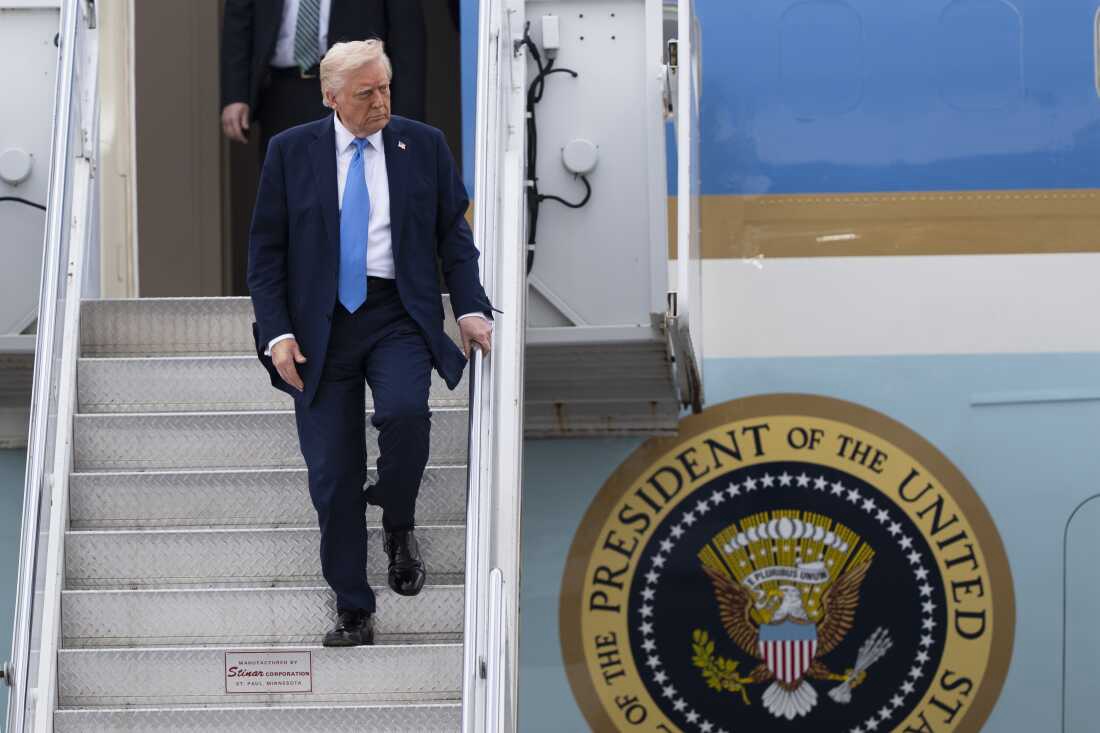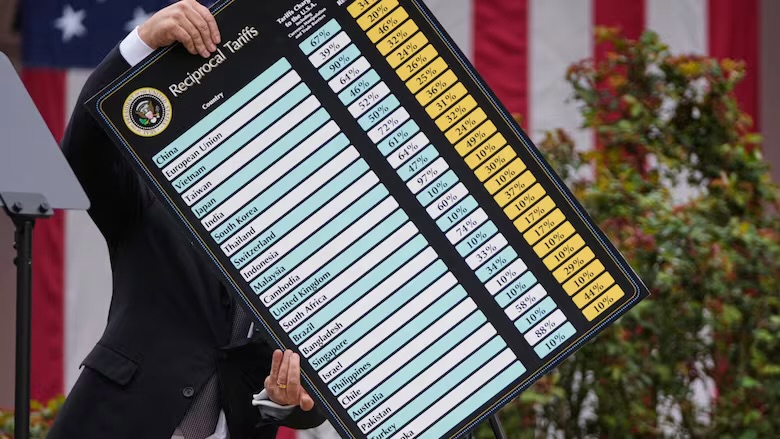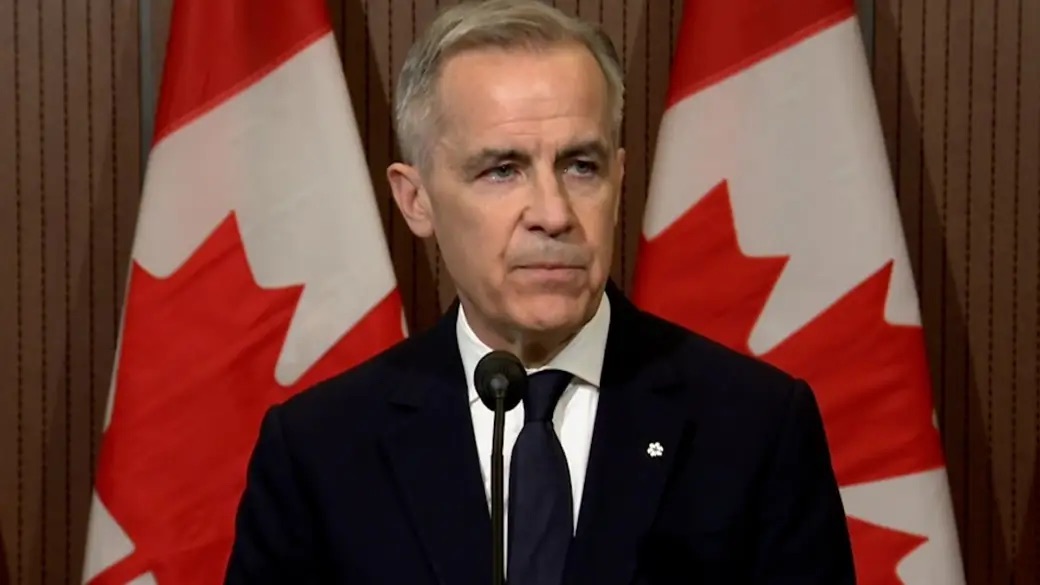It all began with a candid moment during a nationally broadcast NBC News interview on March 30th. Speaking with characteristic bravado, Trump declared he’s “not joking” about the possibility of returning to the Oval Office for a historic third term. As the interviewer pressed him, he alluded to undisclosed “methods” that could make such a feat conceivable. Among them was a controversial gambit: JD Vance, his current Vice President, might spearhead a campaign as the presidential nominee, only to later switch roles with Trump once in office. The imagery sparked immediate debate, both over its legality and its realism.
Over at CBS News, political analysts parsed Trump’s comments with a fine-toothed comb, noting that he floated ideas to circumvent the 22nd Amendment—including the Vance role-switch scenario. These weren’t presented as half-hearted musings; Trump was resolute, his tone solemn, far from the wink-and-nudge theater observers have come to expect. Still, constitutional scholars quickly raised red flags. Citing the 12th Amendment, they pointed out a significant legal hurdle: anyone ineligible for the presidency is equally ineligible for the vice presidency. Simply put, Trump can't sneak back into power through a back door.
Even so, some allies within his circle are reportedly “looking into options”—although nothing concrete appears on paper just yet. Political strategists suggest this may all be more chess than checkmate: a strategic move to command attention, rally his base, and stay irreversibly present in the national dialogue. The Ohio Society of Association Executives even referred to the whole notion as “more a tease than a pledge,” perhaps hinting at Trump’s penchant for shaking the snow globe of American politics just to see where the flakes fall.
From Capitol Hill to constitutional law classrooms, reaction has been swift and firm. Democratic lawmakers and legal experts stand united in their interpretation: a third term for Trump, or any president for that matter, is not only unprecedented—it’s unconstitutional. The 22nd Amendment was crafted precisely to prevent such longevity in executive power, a lesson carved from the annals of history and, many argue, not open to reinterpretation.
Adding another layer to the unfolding drama, Trump asserted that his popularity remains sky-high, claiming that public support for his return is "in the high 70s.” However, this claim starkly contrasts with long-standing Gallup data, which shows that his approval ratings during his second term peaked at around 47%. As for the other so-called “methods” he referenced? No details have emerged, leaving political observers to debate whether this is a masterclass in media baiting—or a genuine preview of a constitutional challenge to come.









